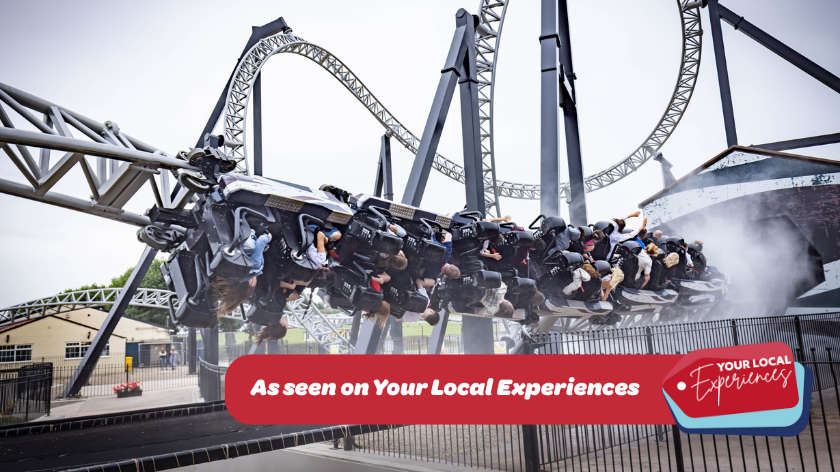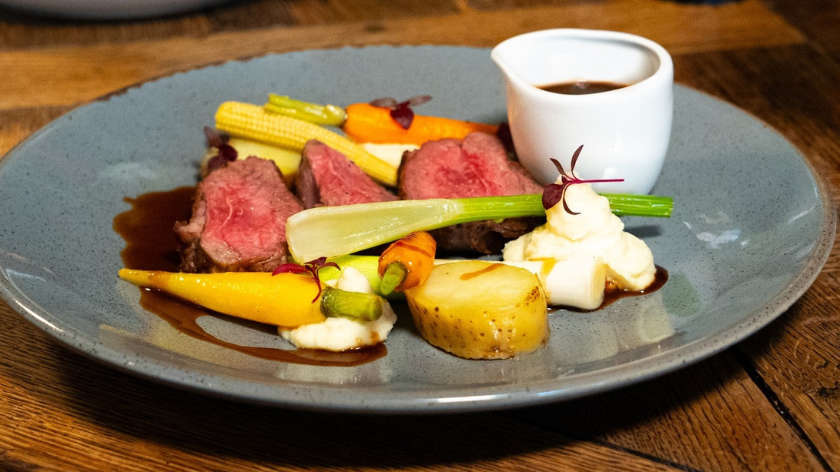
In recent years, the betting industry has evolved into more than just a digital extension of sports enthusiasm.
It has become a strategic partner for clubs and leagues, shaping how teams market themselves, connect with audiences, and finance operations. In 2025, betting brands are among the top sponsors across football, basketball, and even emerging sports. Their influence spans logos on jerseys to dedicated content campaigns that drive engagement and revenue simultaneously.
The fusion of sports and betting is most visible in marketing activations. For users looking to participate in this dynamic, platforms like 1xbetting offer accessible and engaging experiences that go beyond traditional betting, often embedded directly into match-day apps or live broadcasts. For example, real-time odds, interactive fan polls, and livestream betting integrations make watching a game more immersive.
Sponsorships as Strategic Growth Channels
Sponsorship deals between betting companies and sports clubs are no longer just financial transactions. They are now comprehensive partnerships that include branding rights, digital content production, and even product co-creation. According to an announcement by Sport Ireland, the €27 million investment for 2025 aims to further strengthen high-performance sports programs and athlete development. From title sponsorships in national leagues to grassroots tournaments powered by betting funds, the scale has widened.
In Europe, more than 70% of Premier League and La Liga teams have some form of commercial agreement with betting operators. In Latin America, this figure climbs even higher, as smaller clubs seek stable funding sources. Sponsorship not only helps pay wages and upgrade facilities but also enhances fan experience through tech innovation.
Mutual Benefits: Why Both Sides Win
For sports organizations, betting sponsors provide liquidity and stability. For bookmakers, clubs offer access to highly engaged fanbases. That’s why services like 1xbetting Ireland are popular among users who seek seamless, mobile-first sports betting game-day offers. This win-win dynamic has prompted platforms to invest in loyalty programs, exclusive merchandise, and AR experiences tied to real games.
Common collaborative efforts include:
• Co-branded digital content: Match previews, betting tips, player interviews
• Exclusive promotions: Free bets or boosted odds tied to club events
• Fan engagement features: Voting for MVPs, score predictions, real-time stat games
• Shared data insights: Audience analytics, campaign ROI, behavioral segmentation
These initiatives help personalize fan interaction while boosting both traffic and transaction volume for betting platforms.
The Role of Data and Rebranding in the Betting-Sport Nexus
Betting brands have also begun influencing the visual and narrative identity of sports teams. In some cases, partnerships have triggered full-scale rebrands, introducing modernized logos, digital mascots, and even new slogans aligned with betting messages. Data is another cornerstone of this relationship. Also on this topic: on the Businessworld website, you can read about how the betting industry has become bigger than ever. Betting operators share real-time engagement metrics that help clubs fine-tune their communications, merchandising, and pricing strategies. In this hybrid marketing ecosystem, digital platforms have become essential tools. Fans often check updates or place bets through mobile devices while watching a game.
Challenges and Public Debate
Despite the financial benefits, the alliance between bookmakers and clubs is not without controversy. Critics point to the normalization of gambling among youth audiences and call for stricter sponsorship regulations. In response, many clubs have introduced age-gating for content, responsible gaming banners on kits, and education initiatives around betting literacy. Regulatory bodies are increasingly involved, with new rules limiting where and how betting brands can appear in sports marketing. Still, these constraints are pushing both sides to innovate in safer and more ethical ways.
Final Thoughts: Betting's Place in the Future of Sport
In 2025, the relationship between the betting industry and professional sports is more integrated than ever. It drives marketing strategy, fuels financial growth, and enhances fan engagement in ways traditional sponsorship never could. As both sectors continue to adapt to new tech and legal frameworks, their partnership will likely evolve into even more sophisticated models. The challenge now is to balance innovation with responsibility, ensuring that the benefits of this powerful synergy reach fans, athletes, and businesses alike.













